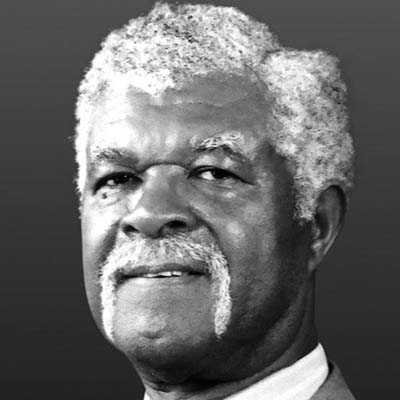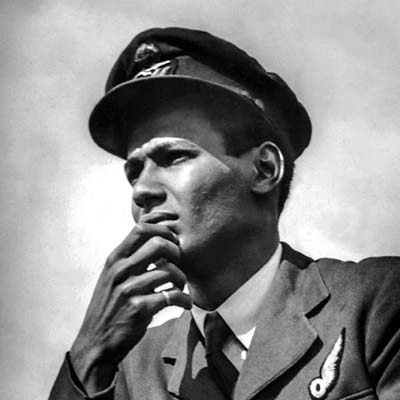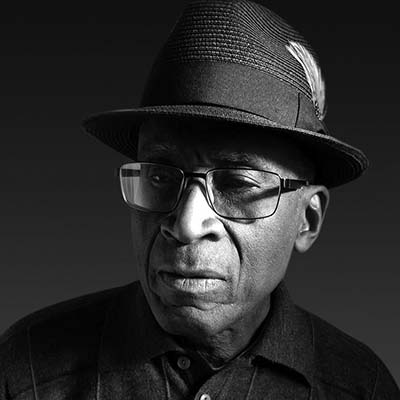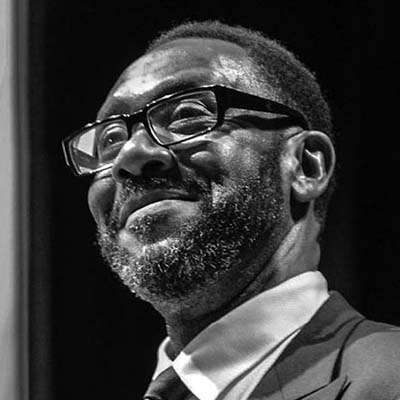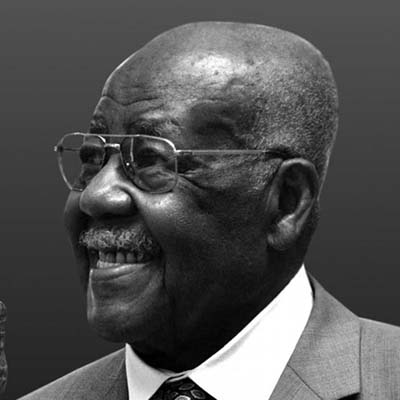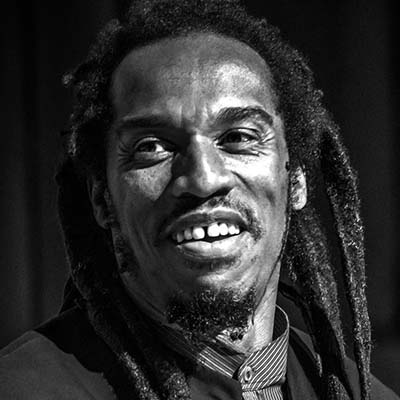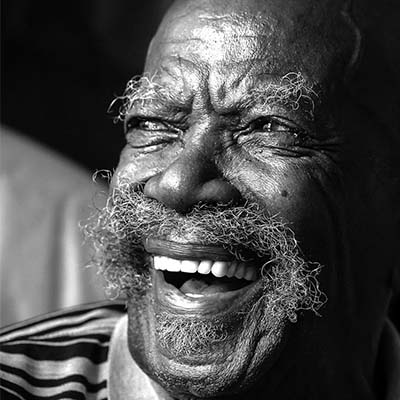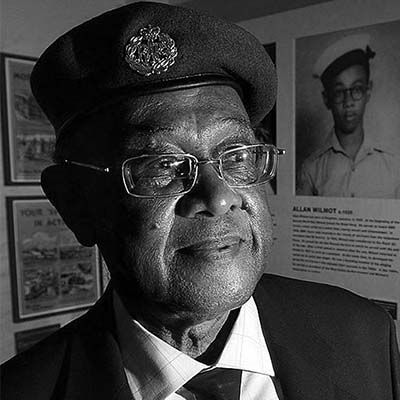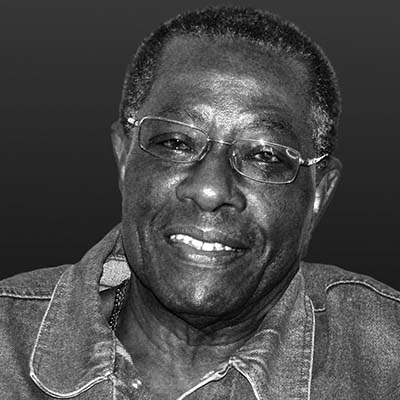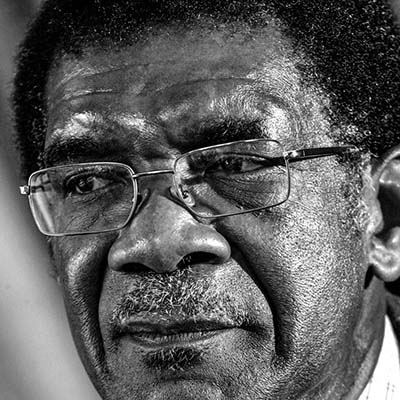CECIL HOLNESS

Like other migrants, pioneering youth worker Cecil Holness would have fallen foul of the colour bar on many occasions during his long years in Britain but he was one of the few who could say he had his case raised in parliament
1922-2002
Share this:
Arriving in Liverpool in June 1944, he undertook basic instruction at Filey in Yorkshire, later training as an aircraft fitter and office administrator. After the war, he volunteered for further service in the RAF returning to Jamaica for a well-earned rest in 1948 before sailing back to England a few months later on the MV Empire Windrush.
Not one to waste time on the romantic front, in 1949 he married Clara Brown in Tooting, south London. Their path to the altar had not been without its moments of drama. Clara, described by the South London Press as “the only coloured nurse” at St Benedict’s Hospital, Tooting, invited him to a staff dance as one of her permitted guests. But when Cecil turned up the matron refused to allow him to attend.
Following protests, the local MP raised the case in parliament prompting the minister of health Nye Bevan to declare: “I will not permit any form of colour discrimination in the National Health Service.” At the time, the NHS was only four months old.
The matron was forced into a humiliating climb down and the Press reported that “she has withdrawn a colour bar which she put up at the last staff dance”.
Cecil left the RAF in 1952 and worked for a short while as a motor mechanic. Later he studied at Avery Hill College and became a popular youth worker in Brixton, south London, until he retired in 1987.
He played an active part in the development of the West Indian Ex-Services Association, an organisation established to keep alive the memory of the contribution and sacrifice of the Caribbean men and women who served in World War II. The association is still based in Clapham Manor Street, Lambeth, south London, and has been renamed, the West Indian Association of Service Personnel. Cecil died in December 2002 aged 80, eight years after his beloved Clara.
Check out more of our Pioneers and Champions
Privacy Policy | Registered charity number: 1159291 | Copyright © 2024 Windrush 70 | Design: ATOMIC CONCEPTS

